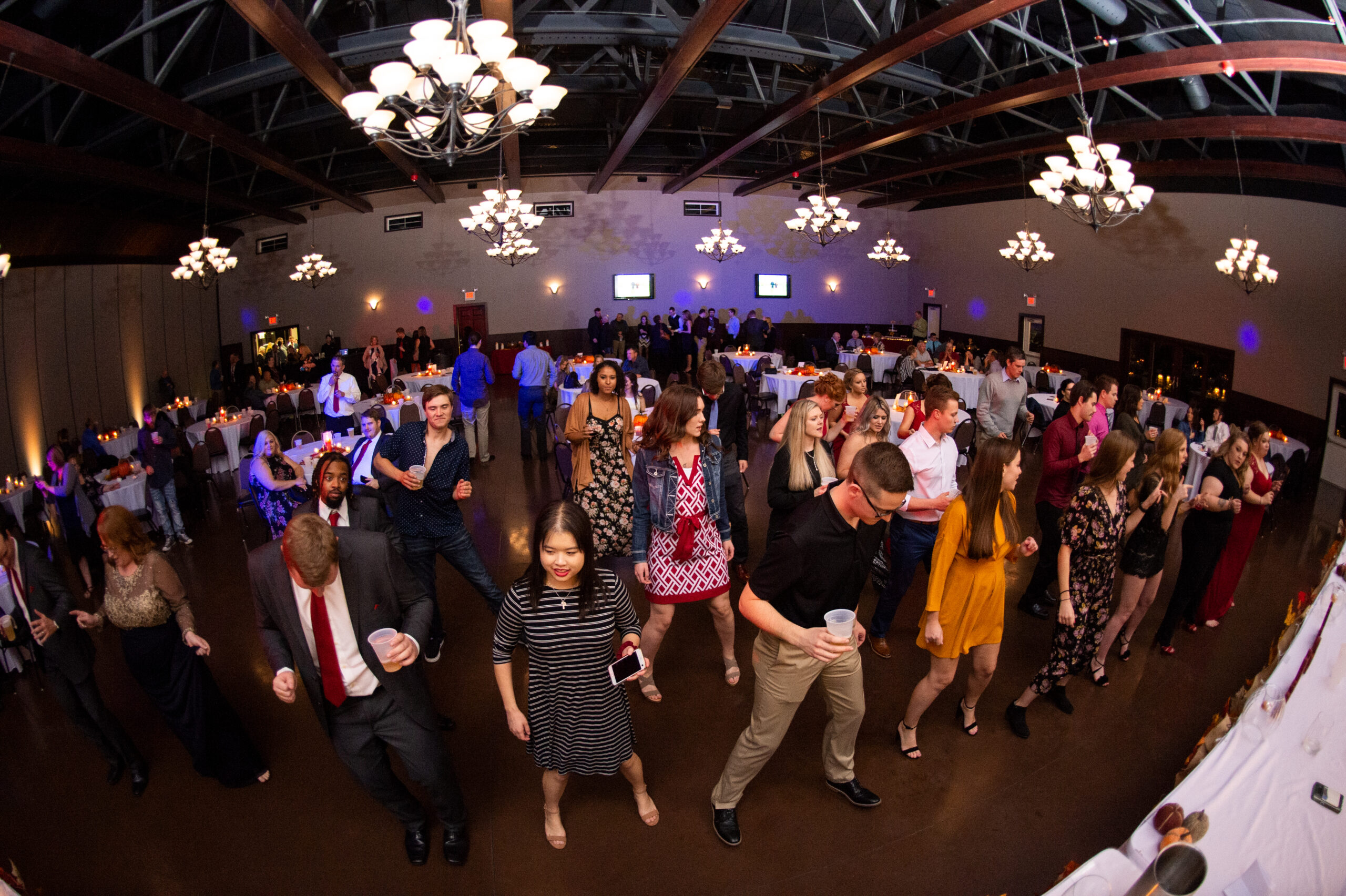Want to know how to become a wedding planner? Well, well, well! This blog is going to be an all-in-one resource for everyone who dreams of being a wedding planner and are looking out for some guidance. Being in the wedding industry for 15+ years and excelling in this craft have made me share my experience with you.
Wedding planning is a highly sought-after career option for many young individuals who are interested in event management and organizing special occasions. But what does it really take to become a successful wedding planner? How can one stand out in this competitive field and make a mark in the industry?
In this exciting journey, I will share the key skills and traits required to excel in this profession, as well as some helpful tips and tricks to get started.
Curious to learn how to become a wedding planner? Let’s dive right in!
How to Become a Wedding Planner in 7 Simple Steps
Step 1: Understand the Industry
The first step in learning how to become a wedding planner? If you know the rules of the game, you can play it better. Before diving into this career path, take some time to research and understand the wedding planning industry. I always recommend my students to intern at a wedding planning agency or assist an experienced planner to get hands-on experience and insights into this field.
You see, wedding planning is not just about creating beautiful decor and coordinating timelines. It involves managing budgets, vendors, guest lists, contracts, and more. Understanding the industry will better understand what this career entails and help you make informed decisions.
Step 2: Get Educated
Hands-on experience is the best form of education; however, you can take plenty of online courses and certifications to enhance your skills. Some organizations also offer wedding planning courses that cover everything from event design and budget management to marketing and client relations.
I would recommend taking a course that offers practical experience and real-life case studies to give you a taste of what it’s like to plan a wedding in the real world.
Start with a general wedding planning course and then specialize in a specific area, such as destination weddings or luxury events. You need to keep updating your skills and knowledge to stay competitive in this field.
Step 3: Develop Key Skills
Successful wedding planners possess a variety of skills, including:
- Excellent communication and interpersonal skills
- Strong organizational and time management abilities
- Creativity and attention to detail
- Budgeting and negotiation skills
- Problem-solving and decision-making abilities
- Flexibility and adaptability to handle unexpected situations
- Ability to work under pressure and manage multiple tasks simultaneously
Out of these 7, communication and interpersonal skills are the most crucial. As a wedding planner, you will be working with numerous clients, vendors, and team members, so being able to communicate effectively is essential for a successful event.
How can you excel at it? Take some public speaking classes, practice active listening, and work on your written communication skills through courses or workshops.
Step 4: Network and Build Relationships
Network, network, network! As with any profession, networking is crucial in the wedding planning industry. Attend bridal shows, join local event planning associations, and collaborate with other vendors to expand your connections. You can also reach out to past clients for referrals or ask them to write reviews about their experience working with you.
I have been into this field for 15+ years, and most of my business comes from referrals and word-of-mouth recommendations. Building strong relationships with clients and industry professionals is key to becoming a successful wedding planner.
What I do is not just a job but a passion that drives me to deliver the best for my clients. If you are someone who shares this passion, then wedding planning could be the perfect career choice for you!
For instance, you can also network and collaborate with other wedding planners, especially those who specialize in different areas or have a similar target market. This way, you can refer clients to each other and work together on larger events.
Step 5: Work Under a Mentor
Having a mentor in any field can greatly enhance your learning experience. If possible, try to find a wedding planner who is willing to take you under their wing and show you the ropes of the industry. This will give you hands-on experience and help you build connections and learn from their valuable insights.
For instance, my course and training is designed in such a way that it provides my students with ample opportunities to assist me, shadow me, and work on live projects. This creates an environment of practical learning, which prepares them for real-world challenges.
Step 6: Write a Business Plan
Writing a business plan is essential when starting your wedding planning business. This document is a blueprint that outlines your business objectives, target market, marketing strategy, financial projections, and more. It will not only guide your business decisions but also help you secure funding or investment if needed.
Begin by defining your business concept and identifying your target market. Are you planning to cater to budget-conscious couples or high-end clients? Will you specialize in local weddings or destination events? Clear answers to these questions will help you develop a targeted marketing strategy and pricing structure.
Next, map out your marketing plan. How will you attract and retain clients? What promotional channels will you use? Remember, a robust online presence, including a professional website and active social media profiles, is vital in today’s digital age. This is where you can showcase your portfolio, share client testimonials, and demonstrate your skills and expertise.
Finally, prepare a detailed financial plan. Include your startup costs, projected income, and expected expenses. Also, consider your pricing strategy. Will you charge a flat fee, an hourly rate, or a percentage of the wedding budget? This decision will greatly affect your revenue and needs careful consideration.
Step 7: Effective Marketing Strategies
Marketing is key to attracting and retaining clients in the wedding planning industry. Here are some effective strategies you can use to promote your business:
- Build a strong online presence through a professional website, active social media profiles, and online directories.
- Network with other industry professionals, such as photographers, caterers, and florists, to expand your reach and gain referrals. Attend industry events and collaborate on styled shoots to showcase your work.
- Utilize word-of-mouth marketing by asking satisfied clients to write reviews and refer you to their friends and family.
- Offer special promotions or packages, especially during slower seasons, to attract new clients and retain existing ones.
- Invest in paid advertising, such as Google AdWords or targeted social media ads, to reach a wider audience.
It”s easier said than done, but if you create a solid marketing strategy and consistently work on promoting your business, you will see results in the long run.
For my business, I utilize social media ads, develop strategic partnerships with vendors, and offer referral incentives for clients. I have also found success in attending bridal shows and networking events, where I can showcase my services and make connections with potential clients.
I utilize effective backlinking strategies where I get myself and my business published in national and international wedding magazines and websites, which helps me generate leads worldwide.
Final Thoughts: How to Become a Successful Wedding Planner
There you go! These are the essential steps to becoming a successful wedding planner. Remember, excelling in this industry takes hard work, dedication, and passion. Continuously learning, networking with other professionals, and staying current on current trends will help you stand out.
And most importantly, never lose sight of your client’s needs and expectations. As a wedding planner, you are responsible for creating one of the most important days in a couple’s life, and that is a privilege and a huge responsibility. Keep your clients’ best interests at heart, and success will follow.




Comments +